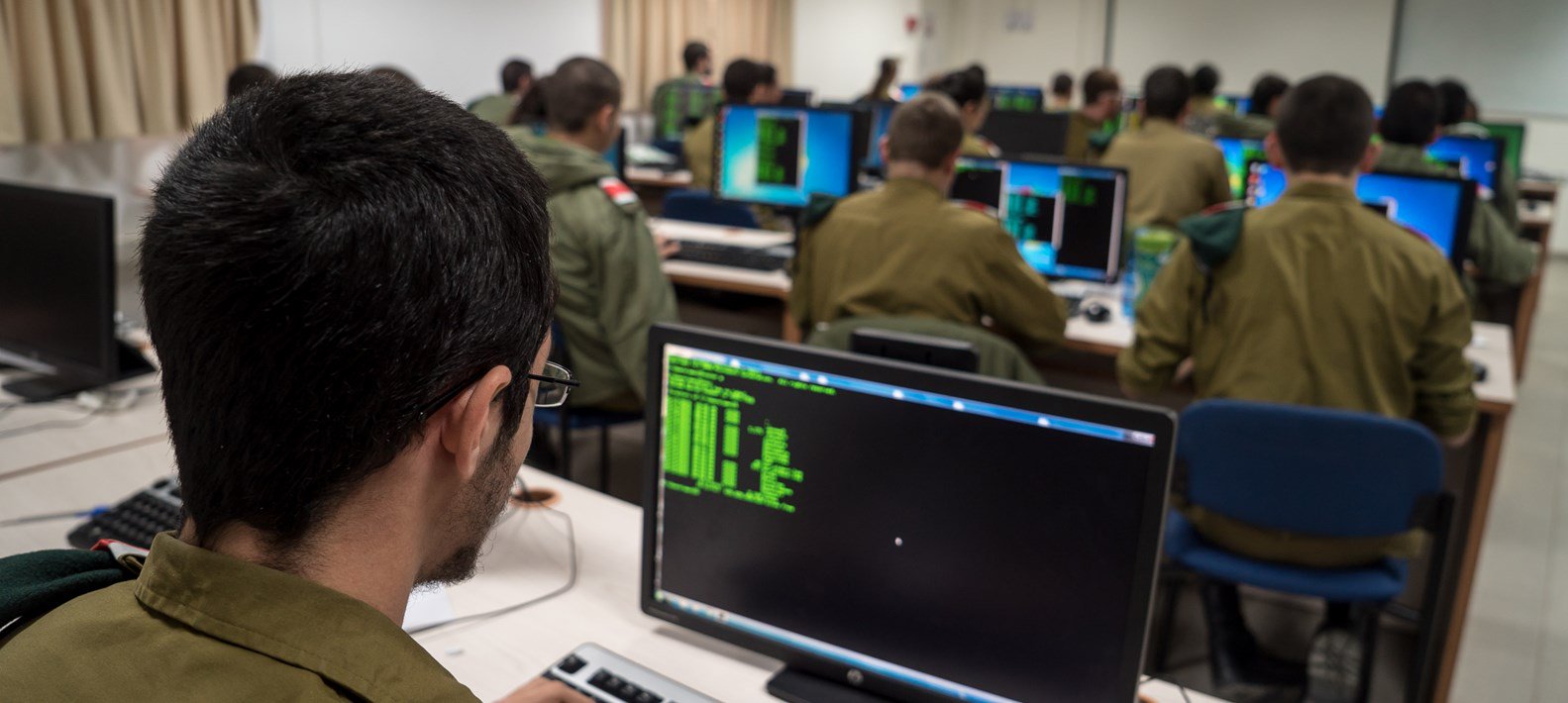Publications
Cyber, Intelligence, and Security, Volume 3, No. 2, October 2019

This article addresses the changes that have occurred in the intelligence work of the Israel Defense Forces (IDF) in the period following the information revolution of the 1990s, and examines how technological developments during this period have improved the intelligence process and how they have affected intelligence surprises. The article describes the effect of technological developments on each stage of the classic “intelligence cycle”—collection, processing, analysis, and dissemination. It also provides a comparative analysis of the processes before and after the information revolution, based on open sources. The technological changes have resulted in three main trends: 1) way in which classic intelligence work is done is changing; 2) the access of operational units to intelligence has improved; and 3) the room for intelligence surprises has become increasingly narrow.


